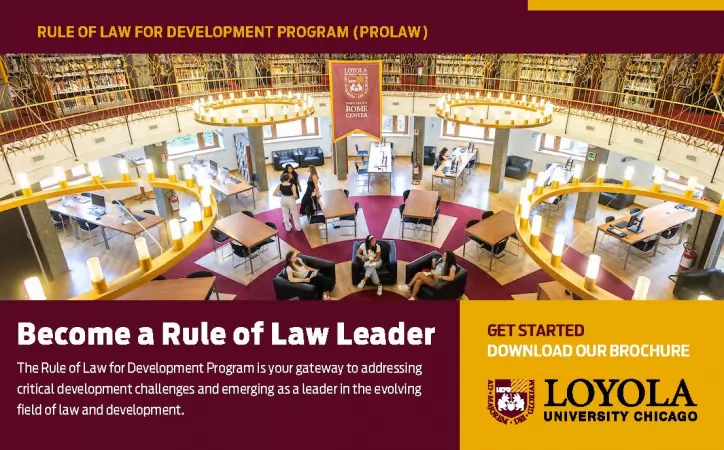POLITICIS: A year in politics
This has been a rollercoaster year by even the very mobile standards of Italian politics; some of the shocks have come from outside the country, such as the autumn financial crisis, but most have been self-inflicted.
A year ago, it seemed as if then centre-left prime minister Romano Prodi had pulled off the impossible and kept his coalition together for long enough to allow the centre-right to disintegrate and his fragile government to survive, only for it to crumble by January and lose the general election in April. Today Silvio Berlusconi is firmly in power as never before, with a massive majority in both houses of parliament and no serious divisions between his supporters; the bad news for him, however, is that he has some big problems to solve.
After promising a rapid, satisfactory and almost painless solution to the Alitalia saga during the election campaign, Berlusconi has found the reality of a fractious, badly managed and chronically indebted company rather more difficult to handle. More than six months later, there is still uncertainty on all fronts, while the actual business of flying seems to have become almost irrelevant. Throughout November hundreds of Alitalia flights were cancelled, some because of strike action but most to save cash, in some cases reportedly because there was the risk that there would be no credit for fuel for the return flight.
The other ongoing crisis is over education reform. In September the minister for education, 35-year-old Mariastella Gelmini, published a decree law aimed at reforming the school system. She followed it with another decree law to reform the universities. No one in Italy maintains that education is perfect and few think that it is even adequate, but by trying to push through blanket reforms Gelmini has given everyone something to criticise. She also chose to use decree laws rather than regular bills in parliament where there could have been discussion among deputies and senators and consultations with teachers, parents and students. The result has been strikes, demonstrations and the occupation of schools and universities up and down the country.
Schoolteachers are upset because the reform would reintroduce a single-teacher system in primary schools, depriving children of specialised teachers for learning disabilities and reducing the number of teaching jobs. Parents and students are resisting the proposed cuts almost as strongly. For higher education there is yet another attempt to reduce the power of the academic family dynasties, or so-called baroni. There are also provisions to reduce funding for research, already among the lowest in Europe, in the finance minister

















